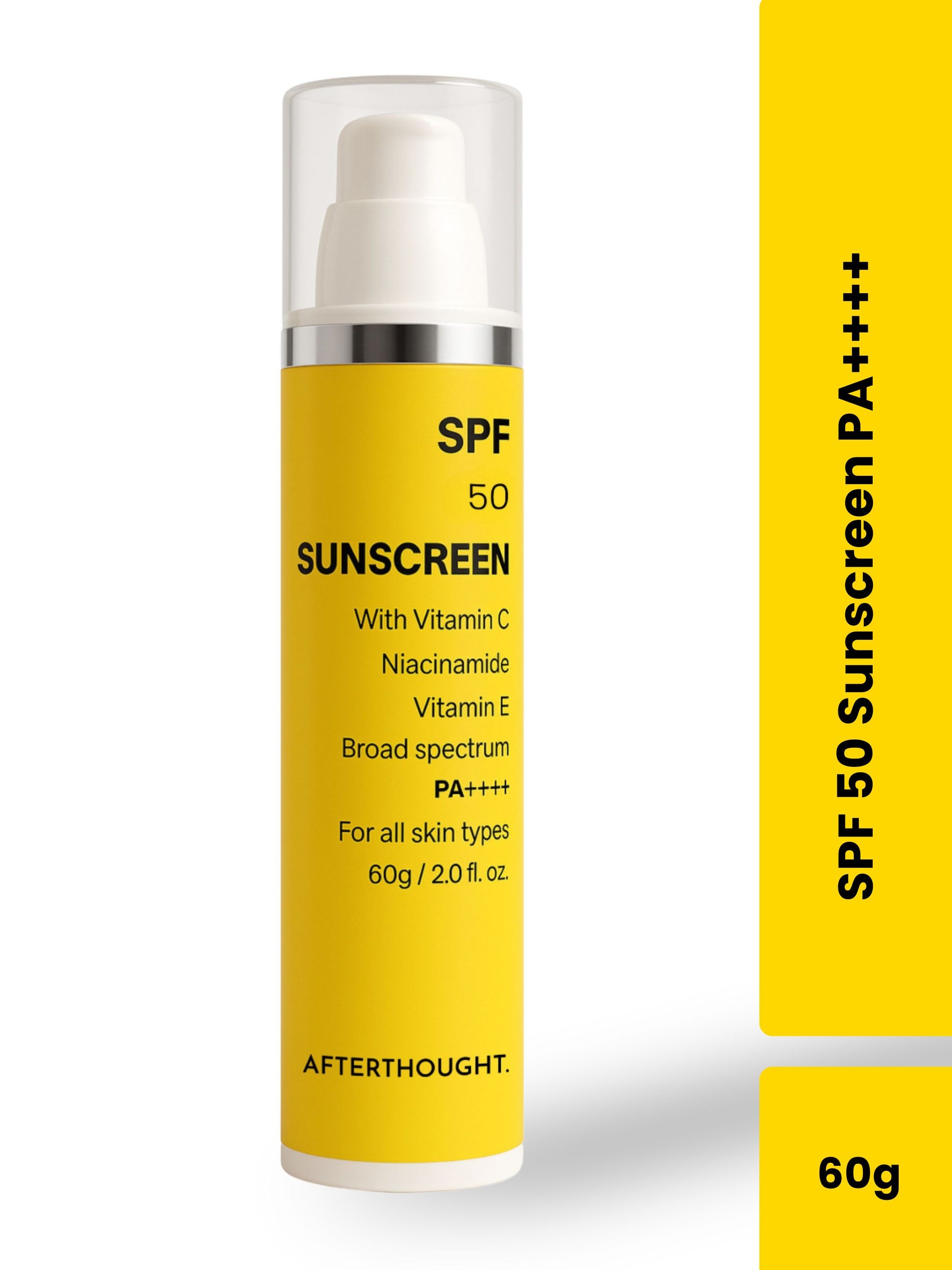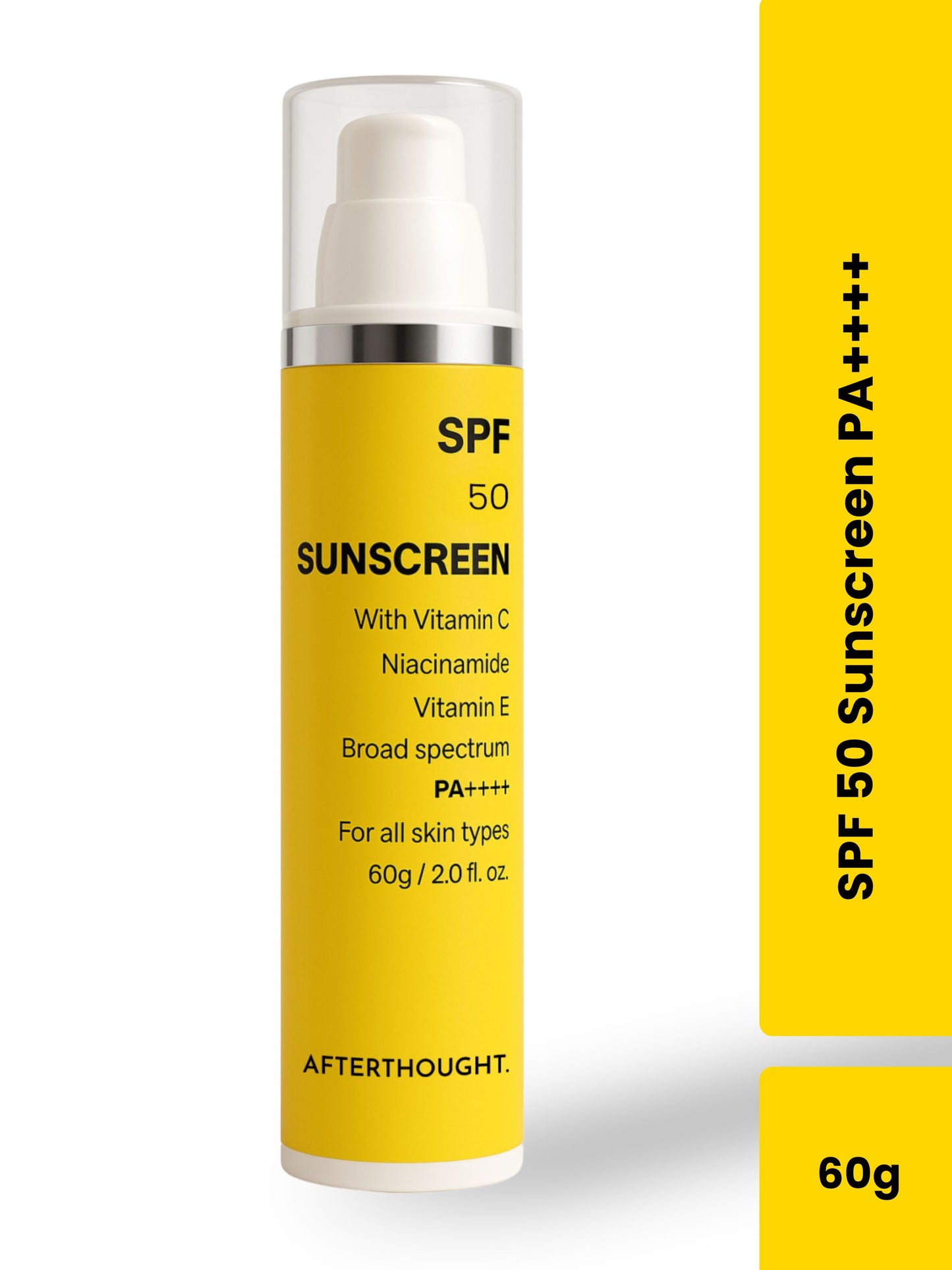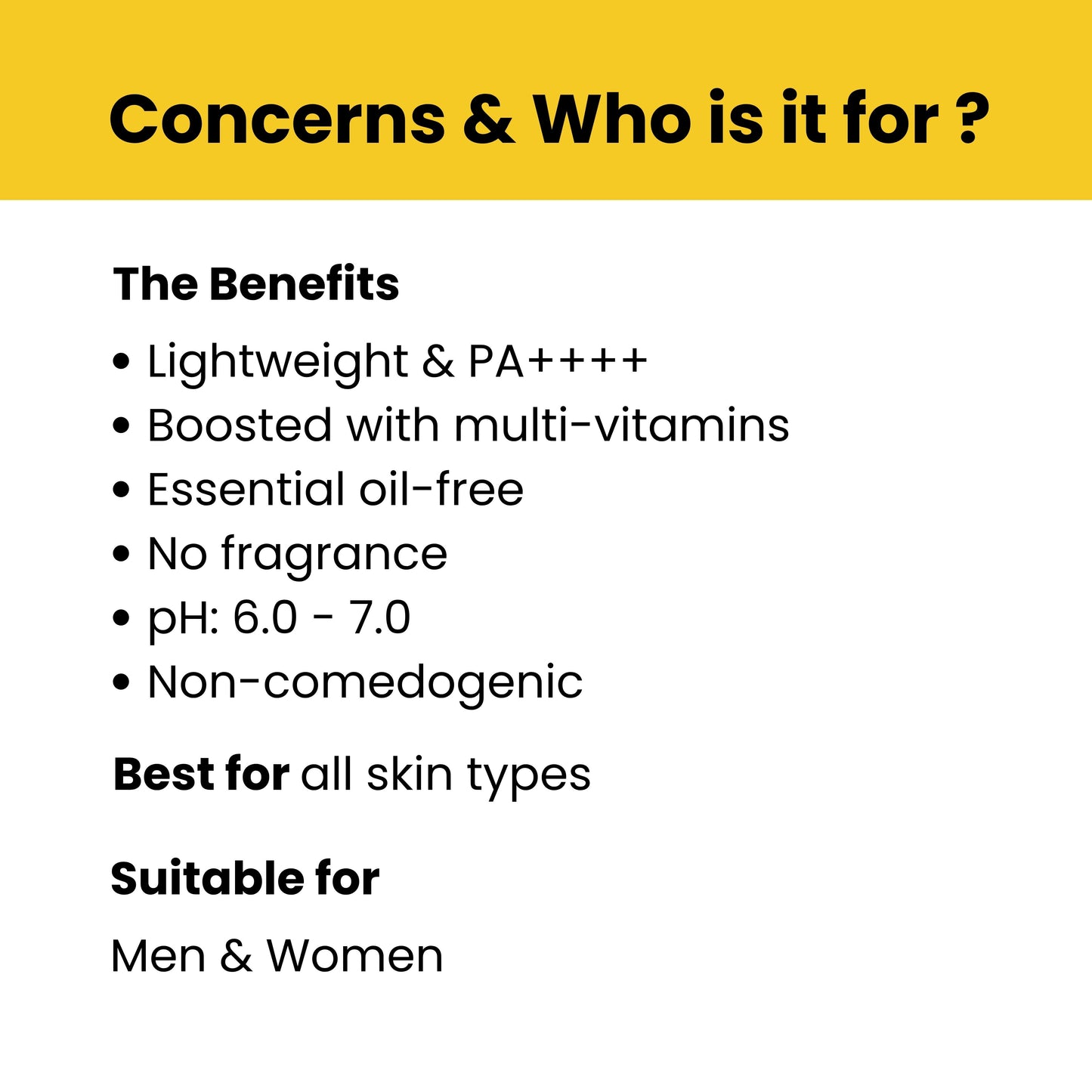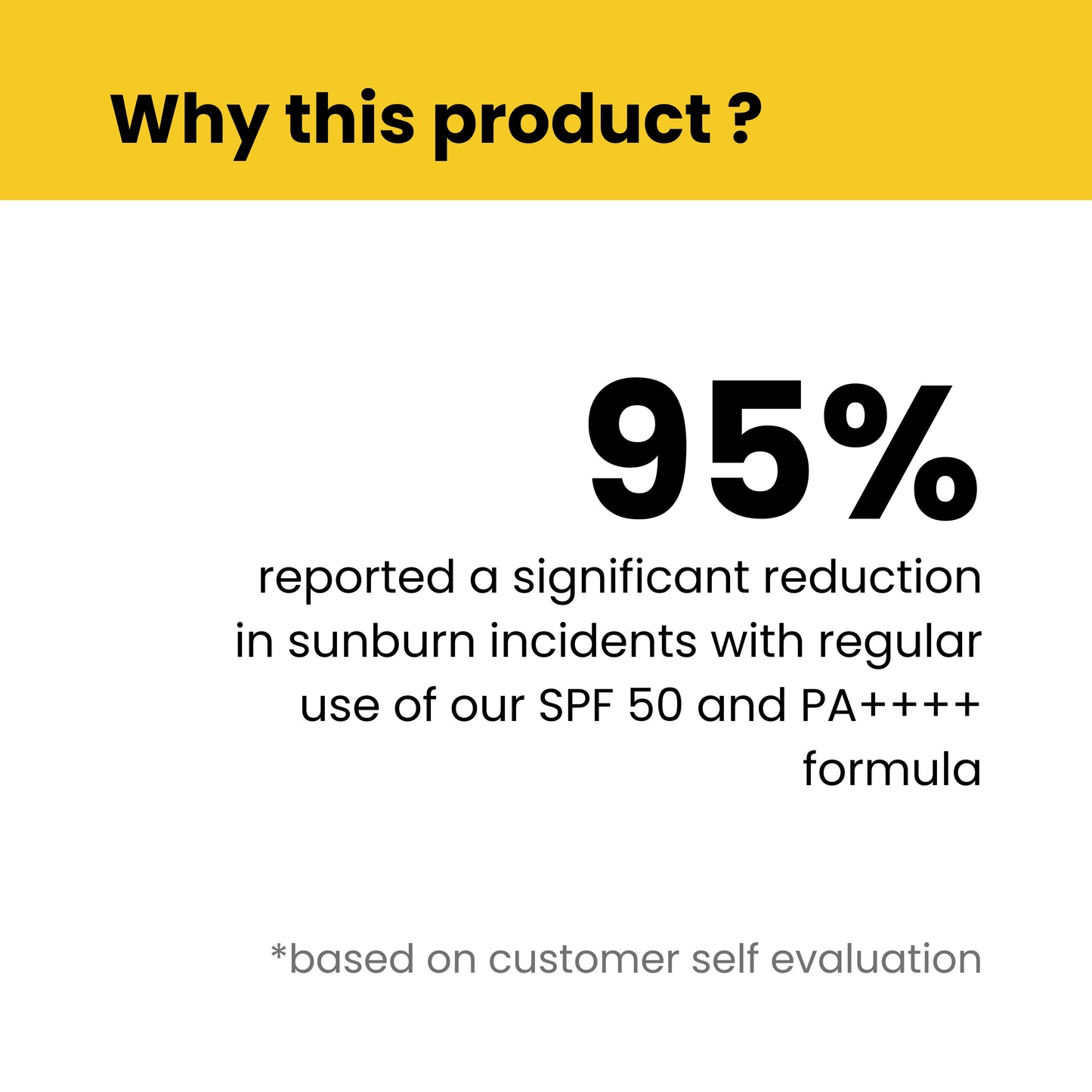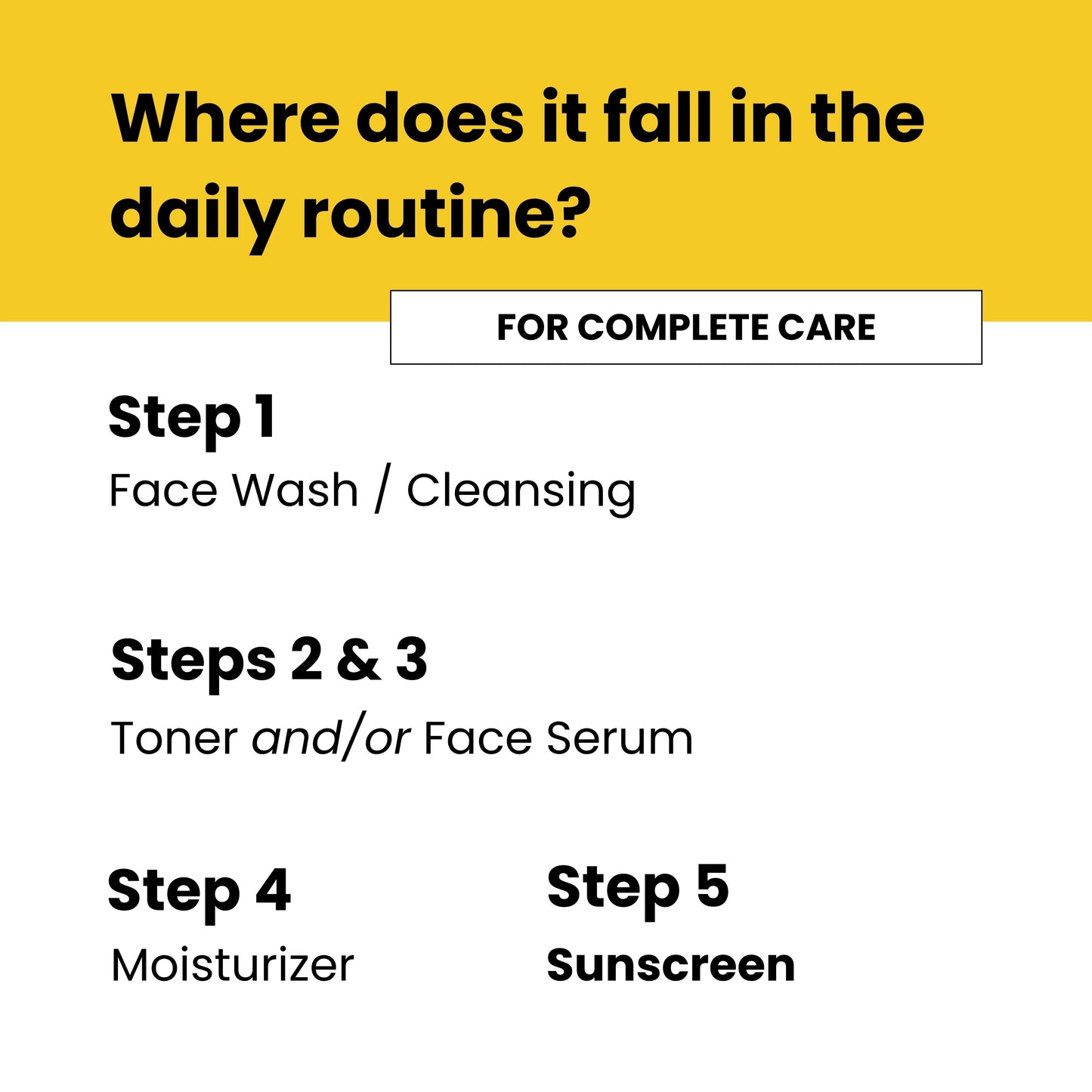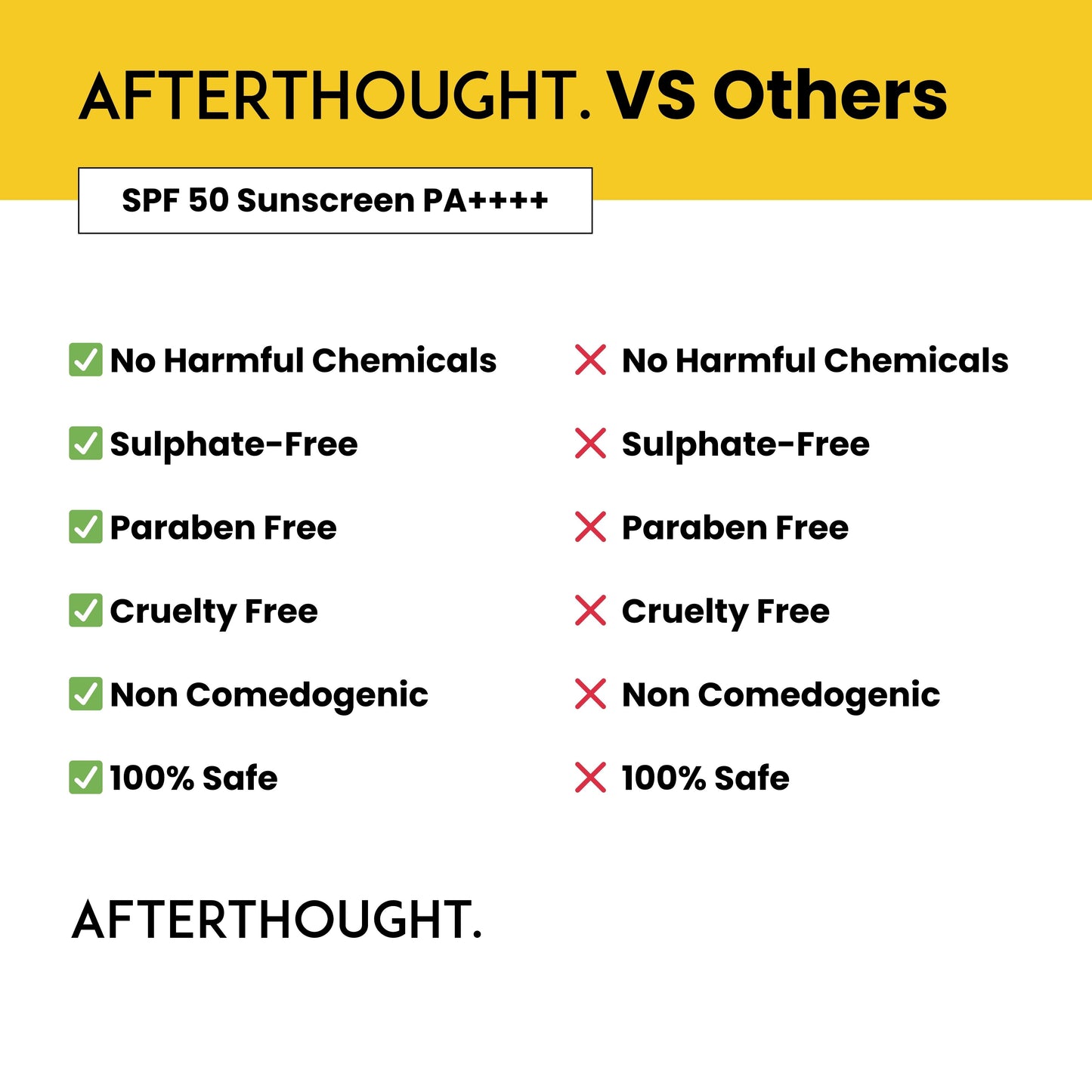Which Sunscreen Is Best For Skin Whitening?
The quest for flawless, lighter skin has led many to explore various skincare products, with sunscreen often overlooked in this pursuit.
However, sunscreens are essential in protecting the skin from harmful UV rays, which can cause sunburn, premature aging, and hyperpigmentation.
Moreover, some sunscreens can help in skin whitening by preventing further darkening and promoting a more even skin tone.
How Sunscreen Contributes to Skin Whitening
Skin whitening, also known as skin lightening or brightening, focuses on reducing the appearance of dark spots, blemishes, and uneven skin tone. The sun's ultraviolet (UV) rays, particularly UVA and UVB rays, can significantly affect skin pigmentation. Overexposure to these rays can lead to increased melanin production, resulting in tanning and dark spots. Sunscreens act as a protective barrier, reducing the amount of UV exposure and, consequently, preventing melanin overproduction.
Key Ingredients in Sunscreens for Skin Whitening
When choosing a sunscreen for skin whitening, it's important to look for specific ingredients that not only provide sun protection but also aid in brightening the skin. Here are some key ingredients to consider:
Zinc Oxide and Titanium Dioxide
These are physical or mineral sunscreens that sit on the skin's surface, reflecting and scattering UV rays. They are known for their broad-spectrum protection and are less likely to cause irritation. Zinc oxide, in particular, has anti-inflammatory properties, which can help calm the skin and reduce redness.
Niacinamide (Vitamin B3)
This multifunctional ingredient is known for its brightening properties. Niacinamide can inhibit the transfer of melanin to the surface of the skin, thereby reducing dark spots and improving overall skin tone. It also helps strengthen the skin barrier and improves moisture retention.
Vitamin C
An antioxidant that neutralizes free radicals, Vitamin C is essential for skin brightening. It inhibits melanin production, reducing dark spots and hyperpigmentation. Vitamin C also boosts collagen production, improving skin texture and elasticity.
Licorice Extract
This natural ingredient contains glabridin, a compound known for its skin-lightening properties. Licorice extract can inhibit the activity of the enzyme tyrosinase, which is involved in melanin production, thus helping to lighten dark spots and even out skin tone.
Arbutin
Derived from bearberry plants, arbutin is a natural skin-brightening agent. It works by inhibiting tyrosinase activity, similar to licorice extract, and is effective in reducing hyperpigmentation and improving skin radiance.
Kojic Acid
This naturally occurring substance is produced by certain fungi and is used in skincare for its melanin-inhibiting properties. Kojic acid can help lighten sunspots and scars, leading to a more even complexion.
Types of Sunscreen for Skin Whitening
Sunscreens come in various forms, each with unique benefits. Understanding the different types can help you choose the best one for your skin whitening goals:
Physical Sunscreens
These contain mineral ingredients like zinc oxide and titanium dioxide. They provide broad-spectrum protection by physically blocking UV rays from penetrating the skin. Physical sunscreens are ideal for sensitive skin and are less likely to cause irritation.
Chemical Sunscreens
These contain organic compounds like oxybenzone, avobenzone, and octocrylene, which absorb UV rays and convert them into heat, preventing them from damaging the skin. Chemical sunscreens often have a lighter texture and are easier to apply. However, they can sometimes cause irritation, especially for those with sensitive skin.
Tinted Sunscreens
These sunscreens offer broad-spectrum protection and contain pigments that can provide a slight tint to the skin. The tint can help even out skin tone and reduce the appearance of imperfections. Tinted sunscreens are particularly beneficial for those with uneven skin tone or hyperpigmentation.
Moisturizing Sunscreens
These combine the benefits of a moisturizer and a sunscreen, making them ideal for daily use. They often contain hydrating ingredients like hyaluronic acid, glycerin, and ceramides, which help keep the skin soft and supple while providing sun protection.
Tips for Maximizing the Whitening Effects of Sunscreen
- Consistent Use: To achieve and maintain a lighter skin tone, it's crucial to apply sunscreen daily, even on cloudy days or when indoors. UV rays can penetrate through windows and clouds, so consistent use is key.
- Proper Application: Apply sunscreen generously to all exposed areas of the skin, and reapply every two hours, or more frequently if swimming or sweating. Ensure that you use enough product—approximately a teaspoon for the face and a shot glass worth for the entire body.
- Pair with Other Whitening Products: For enhanced results, consider using sunscreen in conjunction with other skin-brightening products, such as serums or creams containing ingredients like Vitamin C, niacinamide, or retinol. These can help boost the whitening effects of sunscreen.
- Avoid Sun Exposure: While sunscreen provides significant protection, it's also important to minimize direct sun exposure, especially during peak hours (10 a.m. to 4 p.m.). Wearing protective clothing, hats, and sunglasses can further protect your skin.
Conclusion
Choosing the right sunscreen for skin whitening involves considering both sun protection and skin-brightening ingredients.
By selecting a sunscreen with ingredients like zinc oxide, niacinamide, and Vitamin C, and using it consistently, you can protect your skin from harmful UV rays while promoting a lighter, more even complexion.
Remember, skin whitening is a gradual process that requires patience, consistency, and comprehensive sun protection.
Also Read: Which SPF Sunscreen Is Best For Dry Skin?


